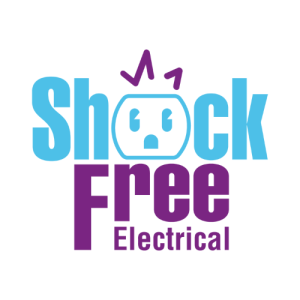Generators are essential backup power sources, especially during emergencies and power outages. However, like any electrical equipment, generators can experience various issues that may hinder their performance. In this comprehensive guide, we will discuss common generator problems, and their causes, and provide expert solutions and tips from an electrician to help you troubleshoot and maintain your generator effectively.
1. Lack of Maintenance:
One of the most common issues with generators is a lack of regular maintenance. Over time, dust, dirt, and debris can accumulate, leading to clogged filters, fuel system problems, and reduced efficiency.
Solution: Schedule regular maintenance checks for your generator, including cleaning filters, inspecting fuel lines, changing oil and spark plugs, and testing battery performance. This proactive approach can prevent many potential problems and ensure your generator operates smoothly when needed.
2. Fuel Problems:
Improper fuel storage or using old fuel can lead to fuel-related issues in generators. Contaminated or stale fuel can cause engine starting problems, poor performance, and even damage to engine components.
Solution: Use fresh, clean fuel and store it properly in sealed containers. Consider adding a fuel stabilizer to prevent fuel degradation over time. Regularly check and replace fuel filters as needed to maintain optimal fuel quality and prevent fuel system issues.
3. Battery Failure:
The battery is essential for starting the generator and providing power to the control panel. A battery failure or a weak battery can result in difficulty starting the generator or its complete failure.
Solution: Regularly test the battery voltage and charge level. Keep the battery terminals clean and free of corrosion. Replace the battery if it shows signs of weakness or if it is older than its recommended lifespan.
4. Overloading:
Running too many appliances or devices simultaneously can overload the generator, leading to overheating, voltage fluctuations, and potential damage to electrical components.
Solution: Prioritize essential appliances and avoid overloading the generator beyond its rated capacity. Consider installing a transfer switch to manage power distribution more effectively and prevent overloads.
5. Engine Problems:
Generator engines can experience various issues, such as overheating, excessive noise, or rough idling, which can indicate underlying mechanical or fuel system problems.
Solution: Regularly inspect the engine for signs of wear or damage, such as leaks, loose belts, or worn-out components. Follow the manufacturer’s recommended maintenance schedule and promptly address any engine-related issues to avoid costly repairs.
Proper maintenance and regular inspections are key to preventing common generator problems and ensuring reliable performance when you need it most. By following expert solutions and tips from an electrician, you can troubleshoot issues effectively, maintain your generator’s functionality, and have peace of mind knowing you have a reliable backup power source in emergencies.
Ensure your generator operates smoothly with expert solutions and tips from a professional electrician in St. John’s, NL. Contact our experts at Shock Free Electrical at (709) 687-5393 for reliable generator maintenance and repair services.






